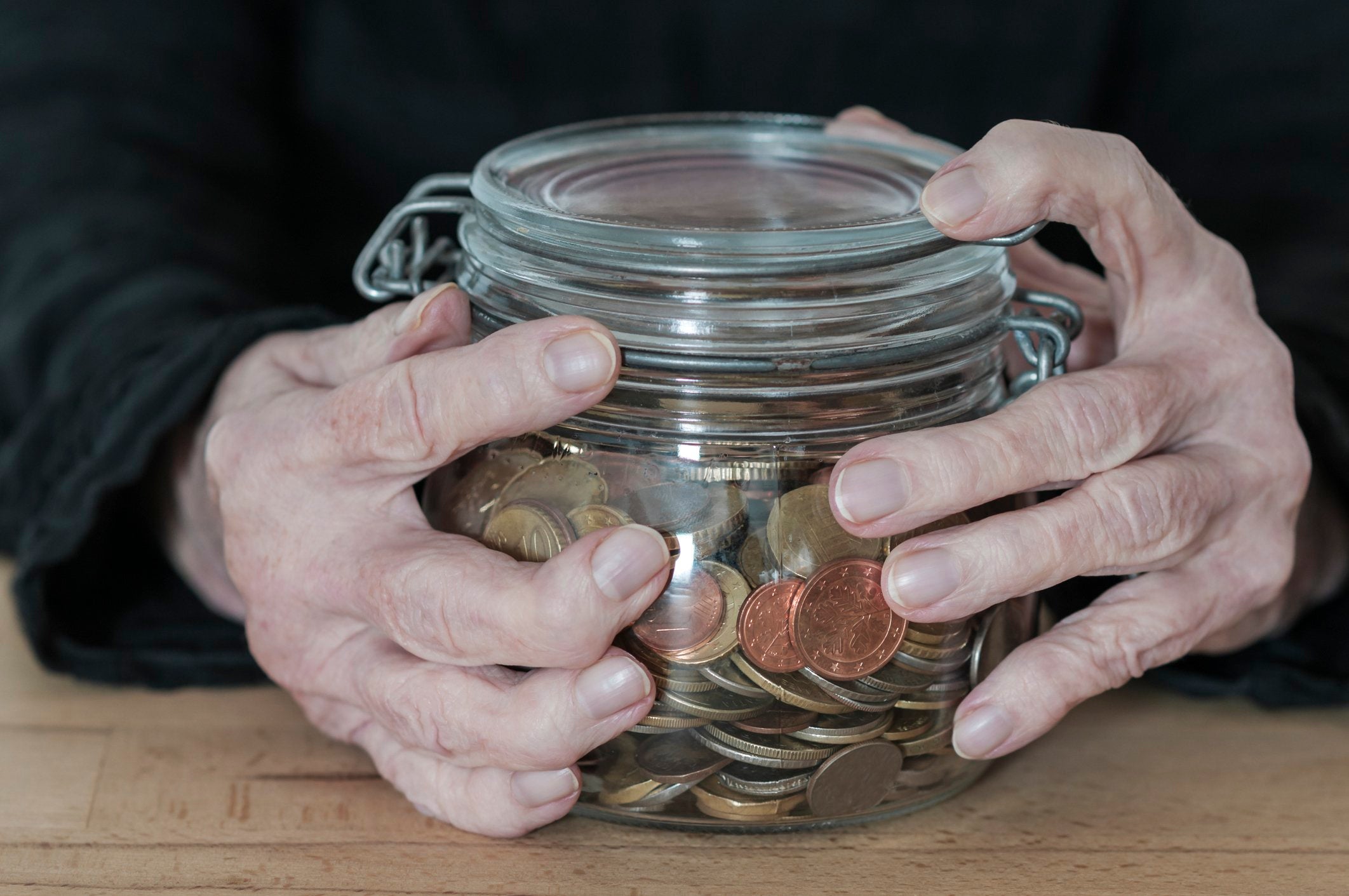It is estimated that roughly one third of the homes in the United States are owned free and clear with no mortgage. That figure drops from 35% to 26% among those under 65 years old.
There are many financial literacy and training programs that constantly teach people that the key to financial freedom is to own your home free and clear. While there is a strong philosophical argument for paying your home off, the math usually doesn’t make sense.
The simple truth is that the majority of Americans will never pay their home off. Financially, the decision to pay off one’s home doesn’t make sense as long as interest rates remain low.
MORE: Environmental Problems With Real Estate Can Be Avoided
Surprisingly, demographic data shows that those age 19-25 are more likely to own their property free and clear than those 26-44. The same data shows that the higher the education level of the homeowner, the less likely one’s home was to be paid off. Going one step further, the data shows that the higher the income level, the lower the chances are of finding a paid-off home.
If you analyze this data, you find that those that are more educated, make more money and live in more affluent areas do not pay their homes off as a general rule. Those who live in lower income areas, earn lower wages and have less education often do have their homes paid off.
Debt is not always bad. Managed properly, debt can provide people with a safe hedge against inflation and open up investment opportunities. Below are a few examples of how debt on your home can be a good investment strategy.
[adrotate banner=”13″]
Taxes
Nobody likes paying taxes. When you borrow money on your home, you pay interest to the bank. That interest is tax deductible and will offset your adjusted taxable income, thus saving you money. That seems simple enough. Why, then, does society teach that paying interest is generally bad? It all depends on the interest rate. If the rate on your home mortgage is 10%, it’s probably not a good idea to borrow against your home. If the rate is 2-3%, then it almost always makes sense to borrow as much as you can.
Invest In The Spread
If you can borrow money on your primary residence at 3% and invest that money in a rental property that will earn 10%, you will pocket the 7% spread. Putting the low interest money to work at a higher rate investment will benefit you far more than what the interest will cost you. The tax benefits increase when you own rental property. You get to write off depreciation expense, interest and much more. All of that lowers your income tax liability and saves you money. With rental property, you also build wealth when the underlying property value increases over time and your debt on the property decreases.
Inflation
Debt on real estate is a good thing when inflation is increasing. This is when debt on real estate has the largest benefit. If you own a house free and clear worth 250k and inflation causes the value to go up to 300k, you have gained zero wealth. The buying power of the dollar decreased, causing the 250k to inflate too 300k for the same house. In the same scenario, if you had 200k of debt with $50k of equity (20%), then the inflation created value. The value increased to 300k but your debt stayed the same. The debt didn’t inflate along with the value of the house. The spread between the borrowed (debt) dollars and new inflated value got larger. Inflation diluted the debt dollars by 13%. Now you have 33% equity instead of 20% simply because inflation occurred.
[adrotate banner=”19″]
In an inflation-prone market, you want to have as much debt on real estate you can comfortably, safely and morally sustain.
As long as you reinvest the dollars you borrow on your house into some type of investment that earns a higher rate of return than the interest you are paying on your home, you are making a sound decision. There are other factors, such as the amortization of your loan and risk of the investment you are purchasing that should be considered.
MORE: Real Estate Is The Best Hedge Against Inflation
Always seek competent advice from someone who is experienced with rental property or other types of investments before taking out a loan on your home and never borrow to a point that could put you at risk of losing your house if the investment goes sideways.
If you are unsure on what to invest your money in, there is no problem with paying down your home in the meantime, thus reducing your interest expenses. It is better to pay less per month in debt service than have your money sitting in a savings account. If you put your money in a savings account, you would be better off burying in a mason jar in the backyard because they both will earn about the same interest. Paying your home off temporarily is not a bad idea. You can always borrow against it again when the perfect investment comes along.
Joe Edge is the real estate columnist and Publisher for The Augusta Press. Reach him at joe.edge@theaugustapress.com.
[adrotate banner=”15″]











